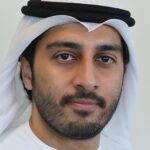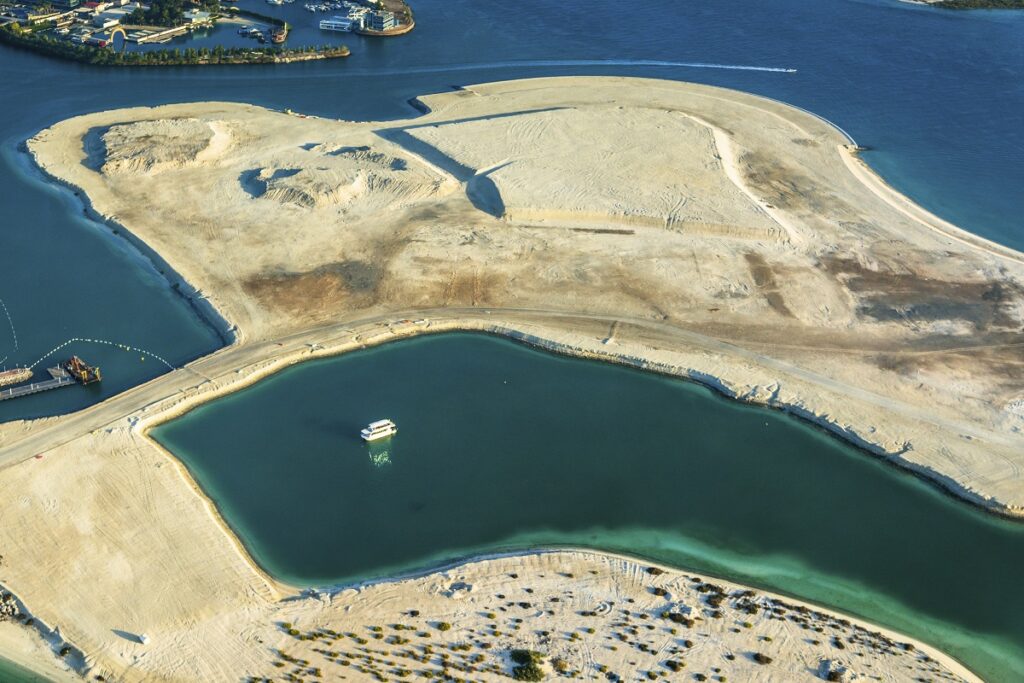This is an interview with Ahmed Al Khemeiri, Talent Acquisition Specialist at Abu Dhabi Ports. Ahmed will be speaking at the HR Tech World Congress taking place in Paris on October 27 – 28
Jamie Lawrence, Editor, HRZone: How has the talent landscape changed over the last year – is it harder to recruit the best people?
Ahmed Al Khemeiri: The talent landscape continuously changes and the ability to hire top talents remains a challenge – it is a difficulty shared across all business sectors and all organisations. In today’s world, social media provides an easy and accessible platform for people to inform themselves about what they want from a job and what they bring to the job or organisation.
If I apply the concept of Person-Environment (P-E) fit, studied by social scientists for over 100 years, I would say jobs, today, demand more from prospective or current employees – they are required to build up more abilities and more skills than previously demanded. On the other hand, employers also must provide more in order to fulfil employees’ current and future needs.
Organisations need to work harder than before in order to attract the best people.
Jamie Lawrence, Editor, HRZone: How do Abu Dhabi Ports define ‘talent?’
Ahmed Al Khemeiri: Employees who possess sought-after knowledge, skills, aptitude and attitude, as well as the required behavioural competencies, are defined as a ‘talent’.
Top talent are high performers with high potential. At Abu Dhabi Ports, we believe that every member of our family holds the capacity to build up their skills and knowledge in order to reach his or her full potential. Our management and HR teams strive to develop our employees through targeted developmental plans to help them unlock their potential, and thereby enhance organisational performance, taking it to the next level. We work hard with employees, building up their confidence, to make sure their hard work and potential reaps rewards.
This is reflected in our Personal Development Plans (PDP) for our employees. Our PDPs are developed with our company’s highest priority in mind, our employees. We tailor PDPs for each person at Abu Dhabi Ports, customised based on his or her personal needs, managements’ ambitions and job requirements.
There is no fixed to-do-list in our PDPs, rather they are diversified and include creative ideas, allowing for a tailored approach to the development of our people. Programmes offered range from coaching, mentoring, international placements, simulations, assessment centres, personality testing, ability testing, to tailored activities and other novel approaches – all are made available as per our employees’ needs and interests in alignment with our business requirements.
As such, and with close monitoring of the outcomes, we help identify the area our employees can develop as well as his or her interests, and work together towards unlocking their talent.
Jamie Lawrence, Editor, HRZone: How do Abu Dhabi Ports utilise HR technology?
Ahmed Al Khemeiri: The use of advanced technology is reflected in all HR practices at Abu Dhabi Ports. Enterprise Resource Planning (ERP) software as well as online tests are used across HR practices at Abu Dhabi Ports. One of the most unique characteristics of Abu Dhabi Ports is the strong support received from top management to pursue innovative approaches.
Their support allows the HR team to identify and utilise best-in-class HR-related technologies according to the company’s needs and for the benefit of all employees.
Jamie Lawrence, Editor, HRZone: What do you think most organisations do wrong when it comes to recruiting the best people?
Ahmed Al Khemeiri: Organisations go wrong when they fail to set clear, realistic expectations and fall short in supporting innovation.
Personally, I believe in the concept of the whole person. In other words, if we give a person a list of tasks and a job description to follow without giving him or her the opportunity to think outside the box and be innovative, we are limiting a person to that list of tasks and not giving him or her the opportunity to reach his or her full potential.
Therefore, I can say that one of the most common mistakes by recruiters is judging candidates based on incomplete information. Rather than just looking at the cover, I recommend reading the book and getting to know the candidate as a whole.
This can be done through different psychometric testing and coaching techniques which can provide a more complete picture of the person. Therefore, it is important to add that in addition to psychometric test results, it is our responsibility as recruiters to understand the individual as a whole, the full picture, in order to build our decisions on solid foundations.
Jamie Lawrence, Editor, HRZone: What do you think talent acquisition will look like in 5 years’ time?
Ahmed Al Khemeiri: There was a time when countless people came simply looking for a job. Nowadays people are looking for a career that is fulfilling, fun, financially rewarding and meaningful, providing both satisfaction and being aligned with one’s mission in life.
From this perspective, I think the world will provide more opportunities for people to show their talents, but it will be more challenging for organisations to attract talent rather than retain them. In five years’ time, I think the most innovative organisations with most friendly working environment will have a competitive advantage in attracting the best talent.
Jamie Lawrence, Editor, HRZone: What do you think Generation Y workers most value in an employer when deciding what brands they want to work for?
Ahmed Al Khemeiri: I don’t think there is a one definite answer for this question since it varies based on the individual. Differences in background, family and culture all influence this choice.
In general, I can say most look for a job or organisation that fulfils their present needs and future desires, which differs from culture to culture. In some cultures the prestige of the organisation attracts Generation Y whereas in others the nature of the job and level of responsibility.
Despite the fact that salary and benefits are very important elements, Generation Y employees value growth opportunity in their career, which I can say is something common within this generation. If I can give one example, we encouraged and attracted employees to work in technical jobs, which are more difficult to fill than administrative/office-based jobs, by promoting career growth opportunities.






